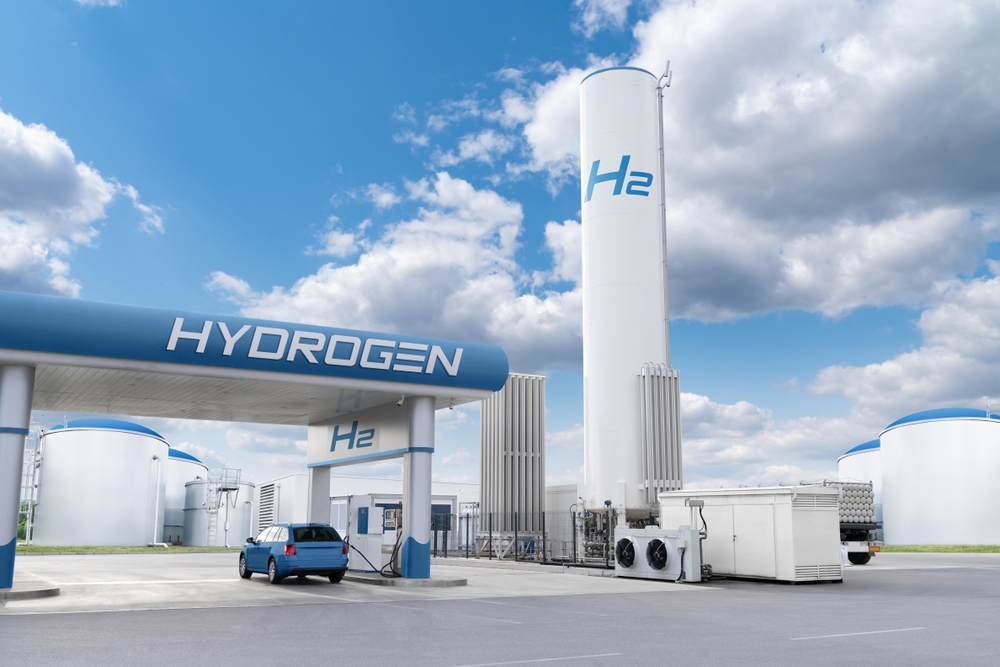The dream of a new energy era has a firm grip on Germany. The vision of a climate-neutral future with green hydrogen was considered a national guiding principle, intended to replace fossil fuels. But billions are being poured into an energy concept that appears hardly viable. According to the Federal Court of Auditors, realistic foundations are lacking, while industry is increasingly losing confidence. Instead of climate neutrality, financial uncertainty is taking center stage. This supposed future strategy is turning out to be an illusion with enormous costs. (spiegel: 28.10.25)
A vision loses credibility
The once celebrated hydrogen strategy stood for progress and innovation. Today, a different picture emerges: A lack of infrastructure, rising prices, and uncoordinated expansion are hindering development. The German government’s guiding vision clashes with the reality of the global market. Even the auditors criticize the project as economically risky and politically overambitious.

Germany planned to import up to 70 percent of its hydrogen by 2030. However, according to the International Energy Agency, global production is nowhere near sufficient. The vision far exceeds the available resources, and the expected carbon neutrality remains a distant dream.
Billions in subsidies without sustainable impact
Despite billions invested by the government, visible progress is lacking. Industry is hesitant to invest in green technologies because the market appears unstable. Auditors speak of a lack of profitability and warn against a perpetual cycle of subsidies. The energy concept threatens to sink into a spiral of costs and broken promises.
The goal of climate neutrality is thus becoming increasingly unlikely. Without competitive prices, green hydrogen remains a luxury good. The development of domestic electrolysis capacities is also stalling – a setback for Germany’s vision of a sustainable energy supply.
Financial risks and political mismanagement
The planned hydrogen core network illustrates how dangerous political symbolism can be. A 9,000-kilometer pipeline system costing 19 billion euros – without guaranteed utilization. According to the Federal Court of Auditors, long-term budget burdens in the double-digit billions are looming. Businesses are losing confidence, while investors are pulling out.
This negative development demonstrates that the federal government’s vision was based more on hope than on feasibility. Without stable demand and technological advancements, the energy concept remains fragile. Instead of climate neutrality, a costly system of dependence is emerging.
Industry Loses Faith
A symbol of failure: Steel giant ArcelorMittal rejected €1.3 billion in subsidies for the conversion to green hydrogen. The industry considers the energy source “unviable.” In France, the company is now building natural gas-based plants – more efficient and cheaper. This further diminishes Germany’s vision of a climate-neutral heavy industry.
Other companies are following suit. If major customers stay away, the entire funding structure will collapse. Auditors warn: Without industrial demand, the fragile system will crumble. The dream of zero emissions ends in disillusionment and debt.
Conclusion: Reality instead of wishful thinking
The project, initiated under Altmaier and continued by Habeck, demonstrates how political dreams fail in reality. The Federal Court of Auditors is demanding a “reality check” – and urgently. The vision of a green hydrogen future is proving to be an expensive experiment without a foundation. Only a radical rethinking can prevent this guiding principle from ultimately disappearing into the archives of failed energy projects.
